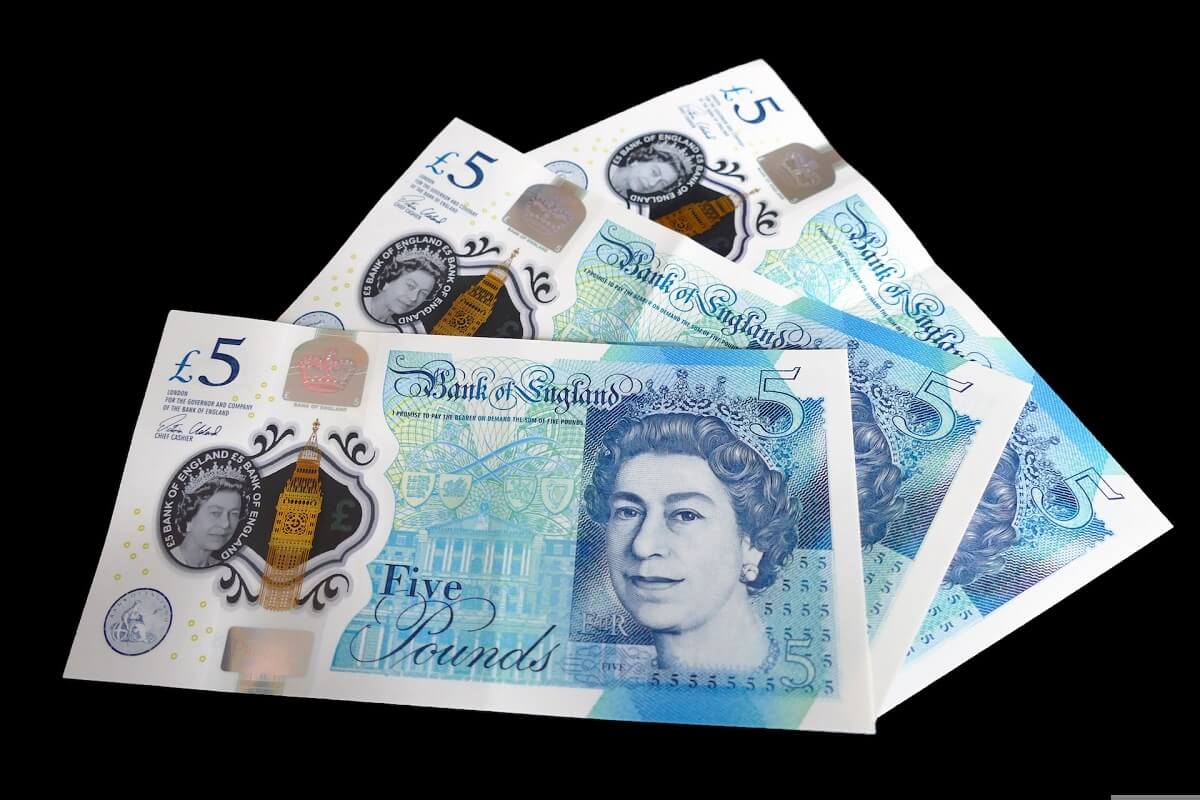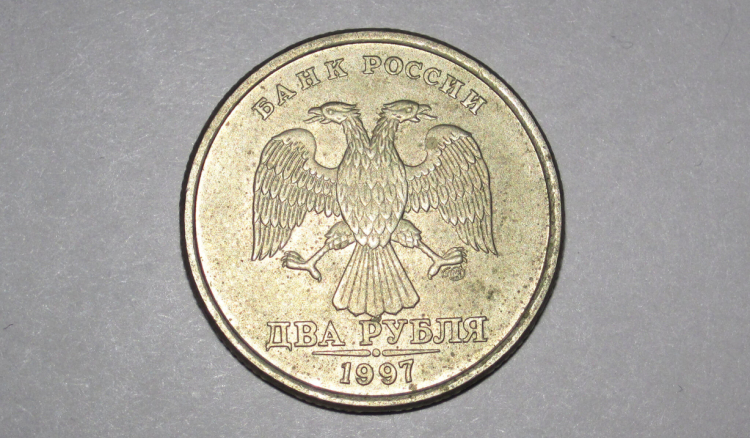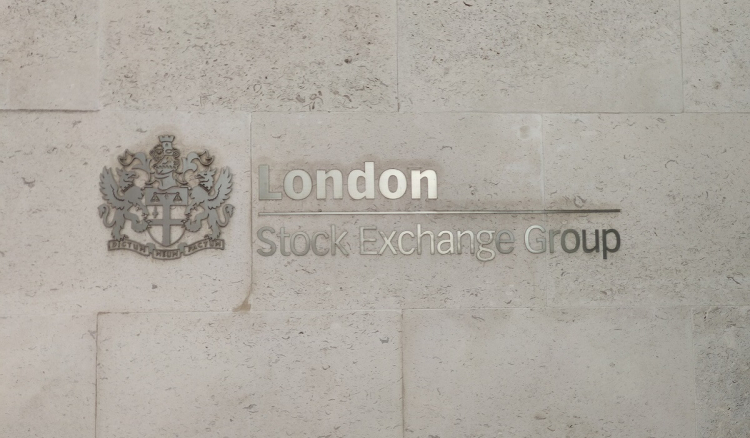
On Wednesday, the pound sterling was one of the worst performers among major currencies against the dollar, following news of a contraction in the UK economy in October. This increases the likelihood of a recession and complicates the Bank of England's position on interest rates.
The UK's Gross Domestic Product (GDP) decreased by 0.3% in October, contrary to forecasts of stability. Despite avoiding an economic contraction from July to September, experts predict a risk of a moderate recession by the end of 2023 and beginning of 2024, especially following the Bank of England's interest rate hike.
The pound's value against the dollar fell by 0.3%, reaching $1.2526. This decline exceeds the fall of the euro and yen. Futures market traders anticipate a decrease in interest rates by about one percentage point next year.
High inflation and elevated interest rates, reaching a nearly 16-year high, are pressuring both consumers and businesses.
Since the beginning of the year, the pound has risen by 3.8% against the dollar, marking its best annual performance since 2019. This growth is largely attributed to expectations of a slower rate cut by the Bank of England compared to other central banks.
Goldman Sachs lowered its 2023 UK economic growth forecast to 0.5% following the GDP data release.
During the London session, the UK's Office for National Statistics (ONS) published data showing a positive trend in the country's job market.
The number of new jobs increased by 50,000. However, despite this employment growth, wage increases were less than expected. Instead of the anticipated 7.7%, the actual wage growth was 7.2%.
- Cyprus bans all transactions in Russian rubles on its territory
US special team, including FBI and FinCEN, sent to Cyprus to investigate Russian influence and financial crimes






